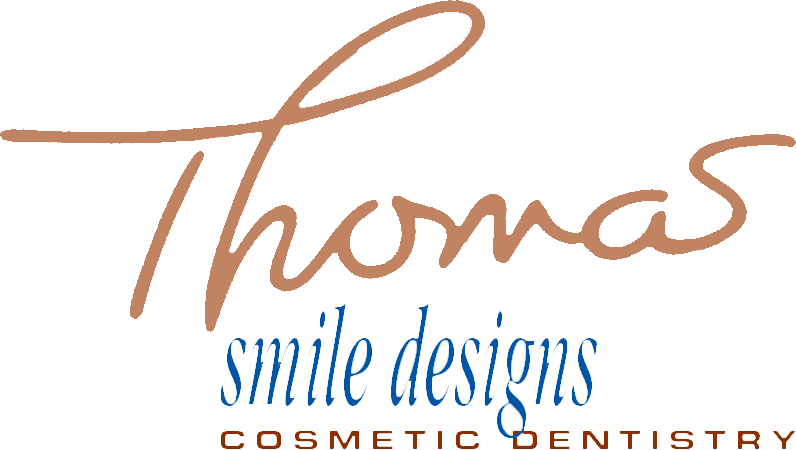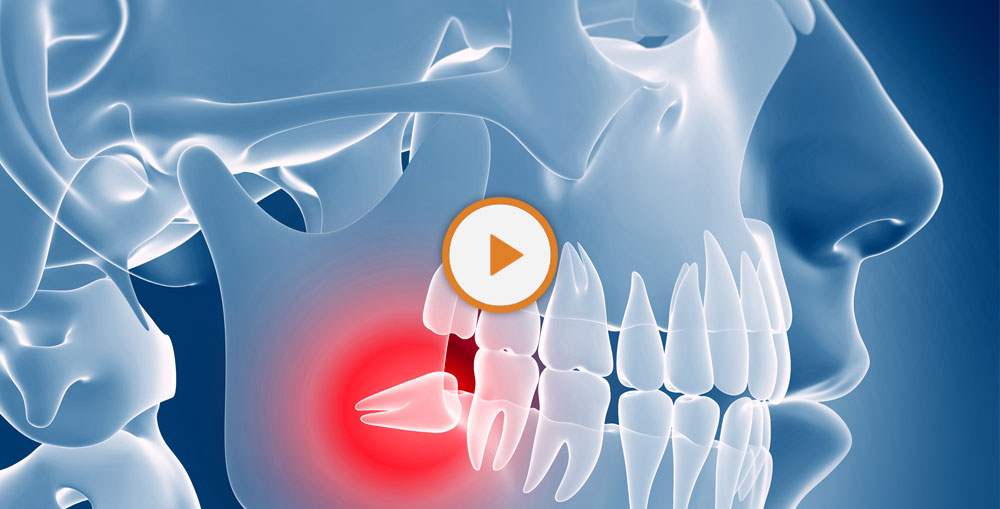When to Remove Your Wisdom Teeth
A Wise Decision
Wisdom teeth removal is a common dental procedure, but many people are still unsure about when to remove wisdom teeth or why they may need it. With so many questions and concerns surrounding this topic, it’s easy to feel overwhelmed.
Thomas Smile Designs is here to help. Our Billings, MT dentist, Dr. Joseph Thomas can explain the signs that point to needing to get your wisdom teeth removed. If you have any questions, or you’re looking to schedule a consultation, contact our dental office today by calling (406) 298-4485.
Wisdom Teeth Growth
Wisdom teeth, also known as third molars, typically emerge in late adolescence or early adulthood, between the ages of 17 and 21. In some cases, wisdom teeth may not grow properly, leading to a condition known as impaction. Impacted wisdom teeth can cause significant structural issues in the jaw, displace other teeth, and have a detrimental effect on the strength and health of the jaw.
However, not all wisdom teeth need to be removed. Some people have healthy wisdom teeth that grow properly and don’t cause any issues. In these cases, wisdom teeth management may involve regular dental check-ups and diligent oral hygiene practices to ensure their continued health.
Impacted Wisdom Teeth
Tooth impaction occurs when a tooth doesn’t fully emerge from the gums. Wisdom teeth, located at the back of your mouth, can become impacted at different angles:
Given the various angles and levels of impaction, consulting with an experienced dentist or oral surgeon for an assessment of your wisdom teeth is key to determining the appropriate course of action for your specific case.
Signs Indicating the Need for Wisdom Teeth Removal
Persistent Pain and Discomfort
One of the most common issues associated with wisdom teeth is persistent pain and discomfort. You may experience any of the following:
Red or swollen gums
Tender or bleeding gums
Jaw pain
Swelling around the jaw
Bad breath
Gum disease
Bacterial buildup in broken gums
Impacted tooth
Tooth decay
Inflammation and Infection
Inflammation and infection are critical signs indicating the need for wisdom teeth removal. Oral inflammation is often caused by wisdom teeth breaking through the gum line and impacting the surrounding gum tissue. Potential risks associated with wisdom teeth inflammation include oral cysts, which can be fluid-filled, sinus issues, and gum disease. The possible consequences of wisdom teeth inflammation include discomfort, edema, and infection, which can also affect nearby teeth.
Tooth Crowding and Damage
Tooth crowding and damage caused by wisdom teeth can lead to shifting teeth, overbite/underbite, and decay. Keeping wisdom teeth that cause such issues may result in painful dry sockets, infection, bleeding, swelling, and pain.
If your dentist notices that your wisdom teeth are causing tooth crowding or damage, it’s crucial to consider their removal to maintain your overall oral health. Early intervention can prevent more severe complications that may require extensive dental treatment.
How the wisdom teeth extraction process works
Frequently Asked Questions
A Journey to a Brighter Smile
In your journey to a healthier, happier smile, know that you're not alone. At Thomas Smile Design, we're here to support you every step of the way. If you're a new patient ready to take that first step, reach out to us at (406) 298-4485. For our current patients, your continued trust means the world to us. Don't hesitate to connect at (406) 256-5165. Together, we'll create a brighter, more confident you. Your smile deserves nothing but the very best.

Address
1501 14th St W #215,
Billings, MT 59102
New Patient (406) 298-4485
Current Patient (406) 256-5165
© 2022 Managed by Now Media Group

